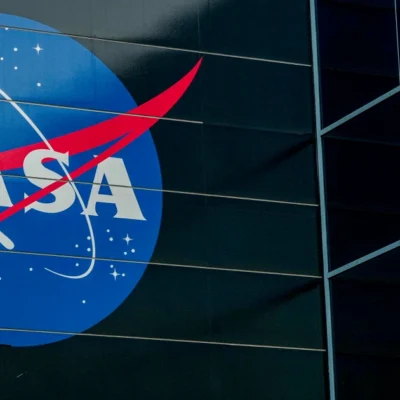In a surprising move, the Trump administration has stopped the National Institutes of Health (NIH) from adopting a new policy meant to protect scientific integrity in research funded by the federal agency. The policy, which had been under development for over a year, aimed to strengthen rules that safeguard scientific processes from political influence. It was set to roll out in early 2021, but has now been shelved indefinitely.
The proposed policy would have marked a significant step in promoting transparency and accountability in U.S. scientific research. According to people close to the matter, the NIH had crafted a robust framework that outlined clear consequences for violating scientific standards—such as manipulating data, suppressing results, or allowing political pressure to influence scientific conclusions. The plan was developed in collaboration with experts across federal agencies and academic institutions.
However, just weeks before its release, the White House Office of Management and Budget (OMB) reportedly intervened, instructing NIH officials to put the policy on hold. The move aligns with a broader trend seen during the Trump administration, where multiple science-based agencies, including the Centers for Disease Control and Prevention (CDC) and the Environmental Protection Agency (EPA), faced similar instances of political interference in scientific decision-making.
Scientific integrity policies are designed to ensure that government-funded research remains objective, evidence-based, and free from political manipulation. These policies are not about politics—they are about protecting the credibility of science itself. Critics argue that blocking the NIH policy weakens the already fragile trust between the public and the scientific community.
Francis Collins, who was NIH Director at the time, had expressed strong support for reinforcing scientific integrity, especially in light of challenges faced during the COVID-19 pandemic. During that time, several scientists within federal agencies raised concerns about political pressure to downplay or alter public health guidance. The NIH policy was seen as a much-needed guardrail against such incidents in the future.
Experts worry that the absence of a formal integrity policy leaves a dangerous gap. Without clear protections, researchers may face retaliation for speaking out or may self-censor to avoid conflict with political agendas. This can slow scientific progress, distort public policy, and ultimately harm public health.





